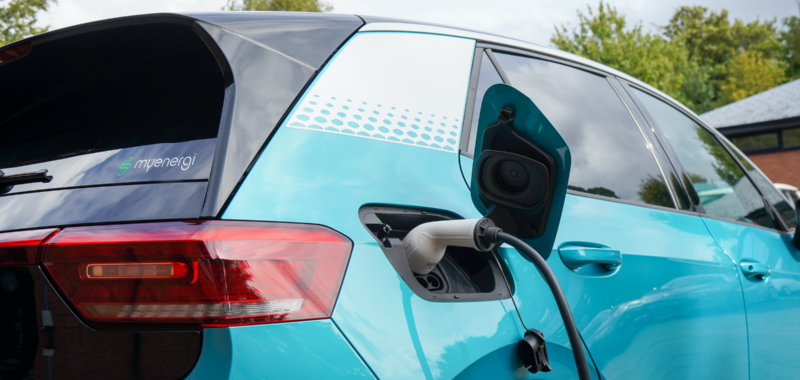The Department for Transport has responded to reports that the industry has missed the 2024 ZEV Mandate target with assurances that it expects no car manufacturer to pay crippling fines.
Automotive Management reported on Saturday that Mike Hawes, chief executive of the Society of Motor Manufacturers and Traders, believes the successes of the 2024 market were tarnished by the threat of the ZEV Mandate targets, which required 22% of the new car market to be electric vehicles.
Preliminary data for the 2024 year-end shows the new car market ended at 1.953 million units, up 2.6% year-on-year, of which 382,000 were zero emission battery electric vehicles. That result gave BEV a record market share of 19.6%. But the Government wanted 22%.
A DfT spokesperson told Automotive Management that the Government is “confident the whole market has complied”.
Flexibilities in the ZEV Mandate scheme allow OEMs to borrow, pool or trade credits to help them hit the 2024 target rather than face fines of £15,000 per unit.
The DfT said: “December has yet been another record month for new electric cars, with nearly one in three of all vehicles sold being battery electric and 382k EVs sold across 2024”.
“Thanks to the flexibilities in the ZEV Mandate, we’re confident the whole market has complied with the 22% target and that no car manufacturer will need to pay fines.
“We’ve invested over £2.3 billion to support industry and consumers make the switch, rolled out more than 72,000 public chargers, and launched a consultation to invite the sector to shape how we achieve the transition to ZEVs.
“Getting this transition right as more people make a switch to electric vehicles will support the growth of the UK market and will provide an opportunity to tap into a multibillion-pound industry that will create high paid jobs for decades to come.”
As part of the flexibilities in the ZEV mandate, manufacturers also have a CO2 target as well as a target on the number of vehicles sold. The CO2 target is based on their emissions in 2021. If a manufacturer beats their CO2 target (i.e. has lower emissions than in 2021) they can convert the amount they beat it the CO2 target by towards ZEV compliance.
Preliminary DfT/DVLA data suggests that when this is taken into account, the car market as a whole will have achieved the 22% ZEV Mandate target.
Because there is no requirement to publish which credits are pooled, borrowed or purchased from other OEMs, it will be challenging in the short term to understand whether any brands have missed their target.
In his briefing with Automotive Management Hawes raised concerns that new cars are not attracting the typical numbers of private buyers, who traditionally would account for half of the demand, and said this is of course against an economic backdrop but also “add in a degree of confusion about what type of vehicle to buy after the messages from government over the last two years to understand why there’s a reason to hold off”.
He noted pointedly that consumers are now on their fourth prime minister since the 2030 deadline for the end of petrol and diesel car sales was abruptly announced by Boris Johnson in November 2020. That was adjusted to 2035 by Rishi Sunak, and now Kier Starmer wants it restored to 2030.
SMMT data shows fewer private buyers bought a new car in 2024 than in 2020, when the COVID pandemic closed down the industry for three months.
BEV and PHEV cars carry a price premium and SMMT data shows that private motorists are picking petrol primarily, and hybrid secondly. Buyers’ low interest in BEVs is hampering the market’s growth, Hawes warns, and incentives such as halving VAT, delaying the premium VED changes and equalising the VAT rate on public charging to the 5% on domestic power.
Login to continue reading
Or register with AM-online to keep up to date with the latest UK automotive retail industry news and insight.

